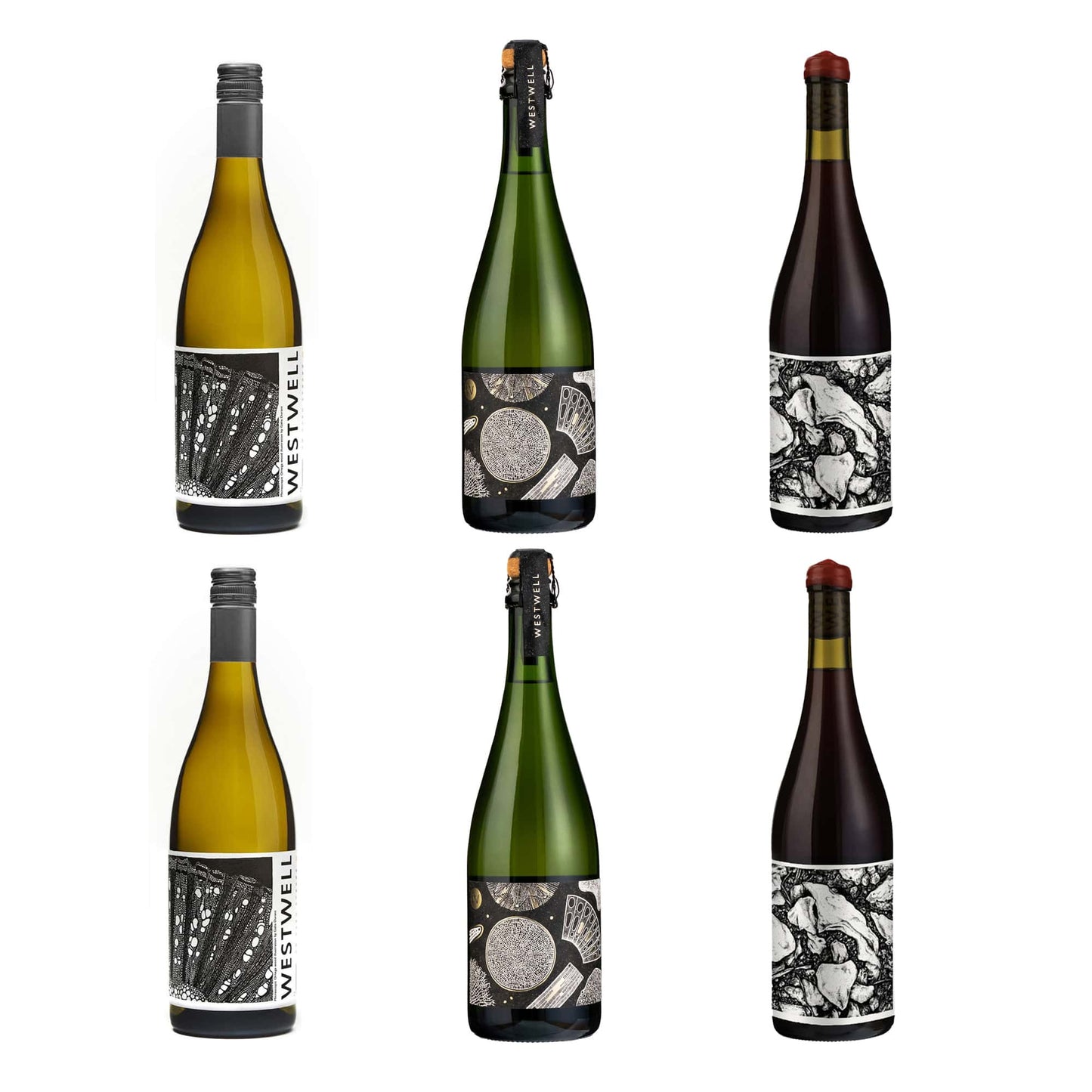
We have just planted another 3,328 Ortega and 375 Regent Vines.
The best time of year tends to be May as this means that we have hopefully avoided the last of the frosts but the ground is still moist. We then have the warm growing season for the vines to produce new shoots and create root development in preparation for the colder months - if there is new green growth visible above the ground, then there will be a similar amount of new growth under the ground.
We now have around 32 acres of vines planted at Westwell with around 52,000 vines. It's a 40 acre site, but we of course have the winery and like to allow some wilder areas of the land such as hedgerows and our wildflower meadow to give a bit back to the environment and encourage biodiversity.

A grapevine takes around 6 years to reach maturity from when it will start producing a good crop of fruit.
We would expect a vine to live for around 50 years in England. This is less than in much hotter and dryer climbs as we have a more marginal climate here to contend with. On average you'd get around 2kg of grapes from a vine per year (although this is very dependent on the weather conditions of a particular vintage). This would make around 2 bottles of wine each year, so we estimate that each vine makes almost 100 bottles in its lifetime, roughly.
Our vines are grafted onto American rootstock. This means that each variety we grow uses the roots from another variety (we use Fercal). We do this because these American rootstocks are resistant to Phylloxera, a tiny insect that was responsible for devastating European grapevines in the 19th century. Fercal is also very suited to Westwell's very chalky soils. The area on the newly planted vines known as the 'graft union' is coated in a protective coloured wax and is where the rootstock is spliced and joined to the vine which will grow up to produce our fruit.
Very young vines are rather like children - they demand lots of our attention, access to nutrition and water and need help keeping themselves upright. Thankfully our ground preparations, compost additions and chalk soils help to provide this. They can then in return, start to provide us with fruit in about their third year. We don't work them too hard too young though so that a few years on, we can reap the rewards of our labour and TLC.



